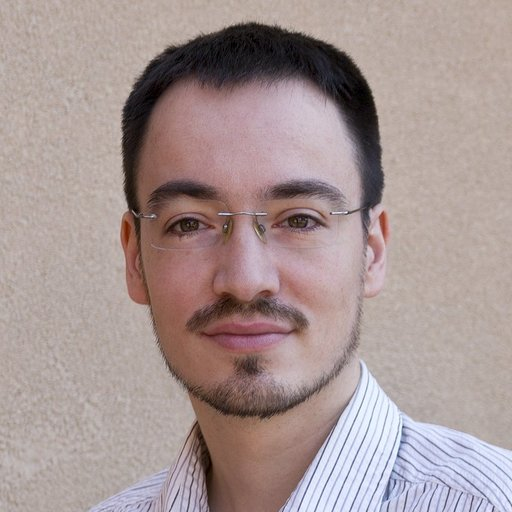A Decade of Performance Portability
Lessons Learned
Over the last decade, scientific computing had to deal with a diversifying hardware and programming model environment. Today’s scientific software engineers have to account for at least four vendor provided eco-systems: CUDA (NVIDIA), HIP (AMD), SYCL (Intel - OneAPI) and OpenMP. Performance Portability solutions attempt to relieve domain experts from the need to become experts in all of these, by providing an interface which enables developers to write their code once, and then execute it efficiently on any HPC platform.
This talk will discuss lessons learned from the last 10 years of developing and deploying Kokkos, a C++ based Performance Portability EcoSystem which is arguably the most widely used non-vendor solution for writing single source performance portable scientific applications. We will dive into some of the key challenges for designing performance portable software, and how to address them through appropriate API design. The talk will also show how some of the fundamental concepts for performance portability are getting introduced into the ISO C++ standard through upcoming features

Christian Trott
Christian Trott is a high performance computing expert working at the Sandia National Laboratories. He leads the multi-institutional Kokkos C++ Performance Portability Programming Model development team and is member of the ISO C++ Standards Committee focusing on future C++ capabilities for parallel and heterogeneous computing. Christian is currently focused on making sure that Kokkos is ready for the exa-scale era high performance computing architectures. He also leads the mdspan proposal for the C++23 standard, which will provide multidimensional array views with configurable data layouts and data access functions.
His prior scientific work focused on computational material research using ab-initio calculations, molecular dynamic simulations and monte carlo methods for investigations of ion-conducting glass materials.

